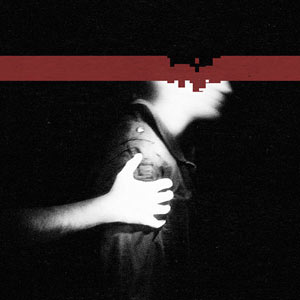Released in the spring of 1997, Songs in the Key of Springfield is the first album to feature music that appeared on The Simpsons. The songs span from seasons 2 through 7, with the earliest song being Tony Bennett’s Capitol City from Danicin’ Homer and the latest being In-A-Gadda-Da-Vida sung by church-goers from Bart Sells His Soul.
(Though technically a version of the Itchy & Scratchy theme appeared in the first season episode Krusty Gets Busted, the recording included on the CD is from 2nd season’s Itchy & Scratchy & Marge. Similarly, the Treehouse of Horror theme used on the CD is from season 5, but a version of it was used in season 2.)
At nearly an hour long, the album distills some of the best and funniest music of the franchise’s history. Classics such as the Stonecutters’ song, the Monorail Song, the Oh, Streetcar! and Stop the Planet of the Apes musicals, and Tito Puente’s tale of uptempo retribution: Señor Burns never fail to get me singing along.
The highlights for me however, are the nine excellent renditions of the Simpsons’ theme sprinkled throughout the album like toppings on a donut. These versions take their inspiration from the topic of an episode and rework, sometimes radically, the show’s familiar exit music into various styles and tributes. My favorites, just for their sheer creativity, are the Big Band, Afro-Cuban and Australian versions, as well as the “Dragnet” homage. Big kudos to show composer Alf Clausen for those.
There’s not a bad song on this record (though Lisa’s ‘Round Springfield jazz eulogy to Bleeding Gums Murphy can be grating). While listen to Songs in the Key of Springfield, long-time fans will wax nostalgic for the show’s finest days, from when The Simpsons truely was the best thing on T.V. This music goes a long way to cementing that reputation.
Rating: 









Tunequest rating: 8.8
Surprisingly though, the album appears to be out of print and not available for digital download. Amazon offers the CD via third party sellers as well as bundled with Go Simpsonic (the sequel album). iTunes doesn’t offer it at all.
The Stonecutters’ Song, which explains all of history’s great mysteries:

